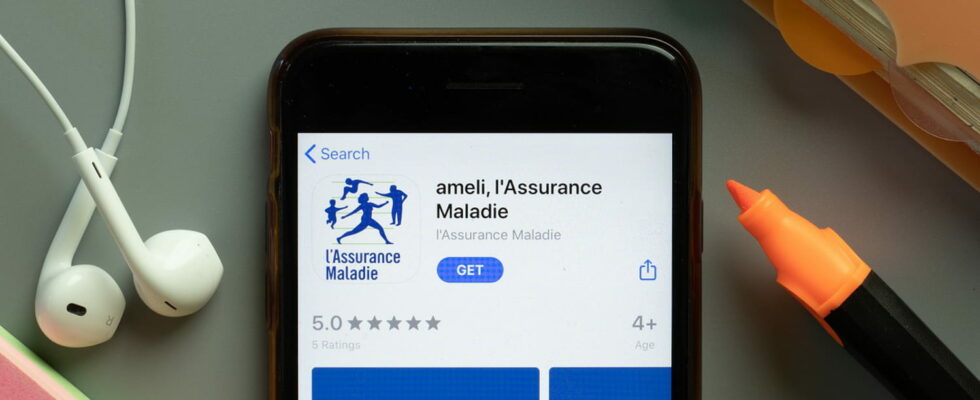Stay on your guard! As the Olympic Games approach, Ameli warns of a probable increase in health insurance scams. Vitale card renewal, fraud alert, false reimbursement… Don’t get fooled!
Cybercriminals often impersonate trusted institutions to steal their victims’ personal data. For example, they sometimes pretend to be health insurance and try to obtain your social security number and banking information by any means possible. This phenomenon is not new, but with the Olympic Games approaching, it is unfortunately expected to increase. “Each major global event is unfortunately accompanied by an increase in attempted fraud and cybercrime.”warns Health Insurance in a blog postFaced with this danger, she calls for vigilance among the French and provides valuable advice to avoid these scams.
Ameli scams: the main strategies of the scammers
Most often, scammers send a text message claiming that your Vitale card has expired and that you need to renew it, with a link leading you to a fake site that asks you to pay a few euros to complete the operation. There are other variations, such as messages offering you a paid online service to update your Vitale card or informing you of a reimbursement from Health Insurance with a clickable link, intended to take your bank details. They may also ask you to update your file to ensure the maintenance of rights or make you believe that fraud on your bank account or Ameli is in progress.
To better trap you, they do not hesitate to impose a very short response time as well as a sense of urgency, in order to prevent you from thinking clearly and taking a step back from the situation. They do not hesitate to usurp the identity of Health Insurance, whether by SMS (smishing), by email (phishing) or by phone (vishing).
Ameli scams: some tips to avoid getting scammed
Also, Ameli reminds you that it will never ask for your login details for your Ameli account, your medical information or your bank details, whether by message or by phone. If you receive a message or a call from it, carefully check the sender’s email address or number. Remember: only 3646 (free service + cost of the call) allows you to contact your CPAM. By phone, make sure that you are speaking with “an agent of our services asking him to tell you the last reimbursement paid into your account”.
If you ever become the target of an online or SMS scam, immediately forward the message to Signal Spam, Pharosor directly to 33,700the platform specialized in reporting scams. You can also report these fraudulent messages to the site internet-signalement.gouv.fr. Then block the sender’s number so as not to be bothered any more and delete the message in question.
